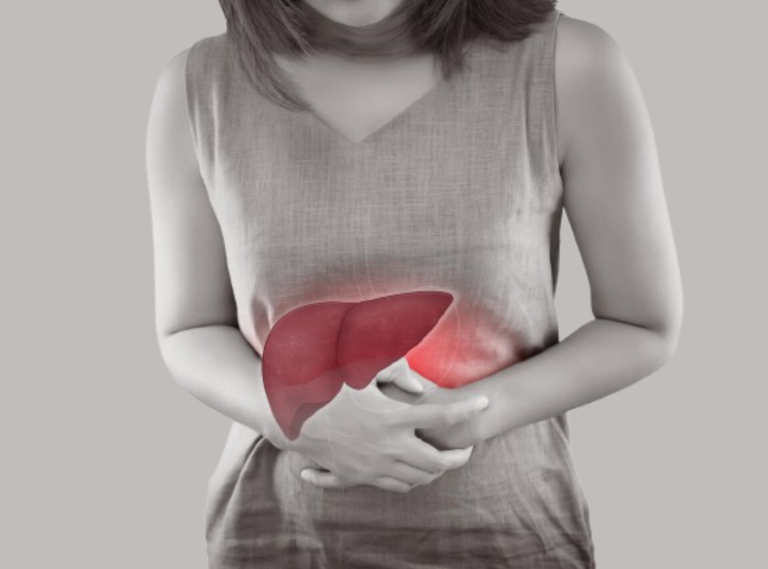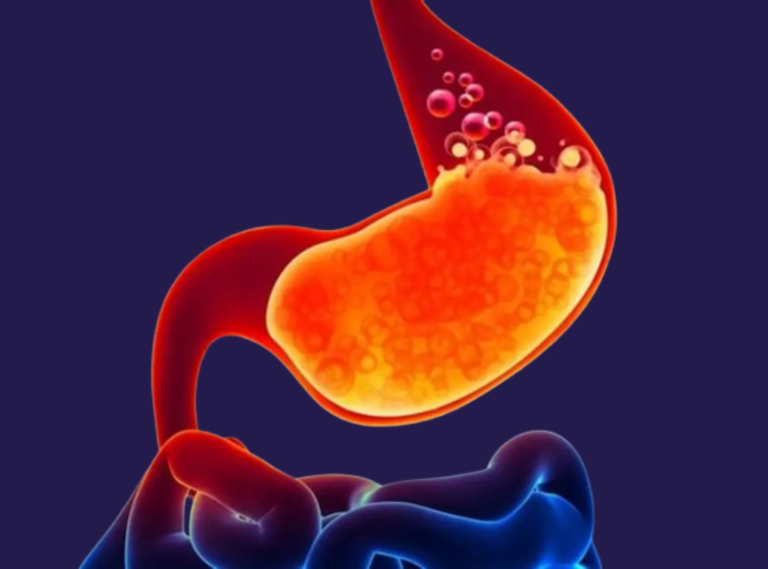acidity
Healthy Habits to Prevent Acidity
Acidity refers to a condition where there is an excess production of acid in the stomach, leading to discomfort. Adopting healthy habits like eating smaller meals, avoiding spicy and fried foods, staying hydrated, practicing mindful eating, and managing stress can effectively prevent acidity and support better digestion.
Symptoms:
Common symptoms of acidity include a burning sensation in the chest (heartburn), sour or bitter taste in the mouth, bloating, frequent burping, nausea, and discomfort in the upper abdomen. In severe cases, it may cause difficulty swallowing or persistent sore throat.
1.Heartburn
A burning sensation in the chest or throat, often after eating, caused by stomach acid rising into the esophagus.
2.Regurgitation
A sour or bitter-tasting fluid or food coming back into the mouth due to acid reflux.
3.Bloating
A feeling of fullness or swelling in the stomach, often accompanied by discomfort.
4.Burping
Excessive belching or burping caused by trapped gas or acid buildup in the stomach.
5.Nausea
A feeling of unease or discomfort in the stomach, sometimes leading to vomiting.
6.Sour Taste
A persistent sour or bitter taste in the mouth, often linked to acid reflux.
7.Throat Irritation
Soreness, hoarseness, or a feeling of something stuck in the throat due to acid reaching the upper esophagus.
8.Chest Pain
Sharp or burning pain in the chest, often mistaken for heart issues, caused by acid irritation.
9.Difficulty Swallowing
A sensation of food being stuck or difficulty swallowing due to irritation or inflammation in the esophagus.
10.Cough or Wheezing
Chronic coughing or wheezing, especially at night, caused by acid irritating the airways.



Treatments:
Acidity can be managed through a combination of lifestyle changes, dietary adjustments, and natural remedies. Treatments include consuming alkaline or cooling foods, avoiding triggers like spicy or oily dishes, practicing yoga and meditation for stress relief, and using herbal remedies like ginger, fennel, and cumin. In Ayurveda, treatments may involve detox therapies, herbal formulations, and balancing the digestive fire (Agni) to restore harmony.
1.Antacids
Over-the-counter medications like Tums or Maalox neutralize stomach acid, providing quick relief from heartburn and indigestion.
2.Proton Pump Inhibitors (PPIs)
Medications like omeprazole or lansoprazole reduce the production of stomach acid, helping to prevent acid reflux and promote healing of the esophagus.
3.Herbal Remedies
Herbal teas like ginger, chamomile, or licorice root can soothe the stomach lining, reduce acid production, and ease digestion.
4.Ayurvedic Treatments
Ayurvedic herbs like Amla (Indian gooseberry), Guduchi, and Triphala are known for their ability to balance digestive fire (Agni) and support overall digestive health.
5.Dietary Changes
Avoiding spicy, acidic, or fatty foods, eating smaller meals, and incorporating more alkaline foods like bananas, cucumbers, and oatmeal can help prevent acidity.
6.Lifestyle Modifications
Practicing stress management techniques, maintaining a healthy weight, avoiding lying down after meals, and quitting smoking can all contribute to better acid control.
7.Ginger
Consuming small amounts of ginger can reduce nausea, promote digestion, and decrease the likelihood of acid reflux.
8.Coconut Water
Known for its alkalizing properties, coconut water can help balance pH levels in the stomach and ease acid reflux symptoms.
Conclusion
Ayurveda offers a holistic approach to managing acidity by focusing on balancing the body’s internal energies (doshas) and promoting digestive health through natural remedies. By using herbs like Amla, Guduchi, and Triphala, along with diet and lifestyle modifications, Ayurveda aims to restore digestive harmony and prevent the recurrence of acidity.
